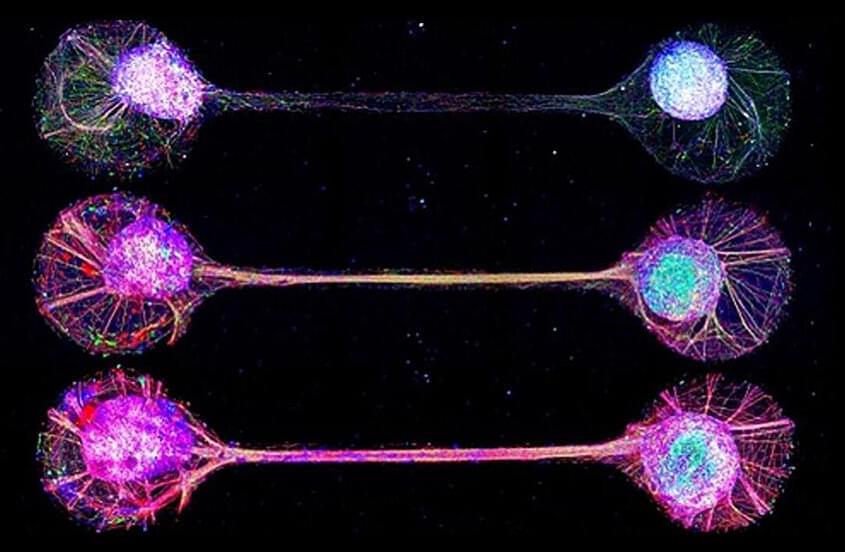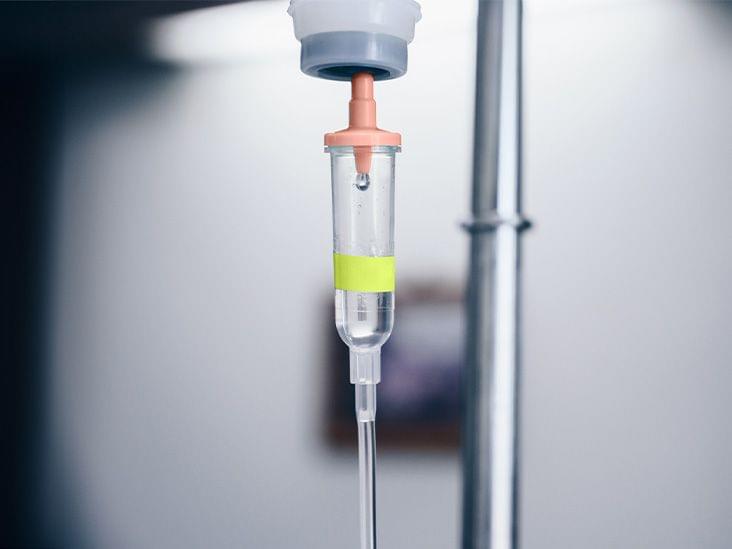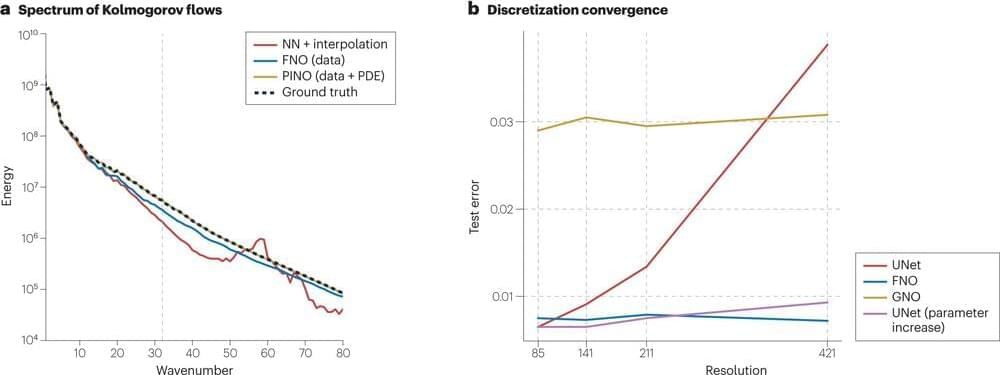Synchron on Monday plans to launch an online…
WASHINGTON, April 8 (Reuters) — Synchron Inc, a rival to Elon Musk’s Neuralink brain implant startup, is preparing to recruit patients for a large-scale clinical trial required to seek commercial approval for its device, the company’s chief executive told Reuters.
Synchron on Monday plans to launch an online registry for patients interested in joining the trial meant to include dozens of participants, and has received interest from about 120 clinical trial centers to help run the study, CEO Thomas Oxley said in an interview.
“Part of this registry is to start to enable local physicians to speak to patients with motor impairment,” he said. “There’s a lot of interest so we don’t want it to come in a big bottleneck right before the study we’ll be doing.”








